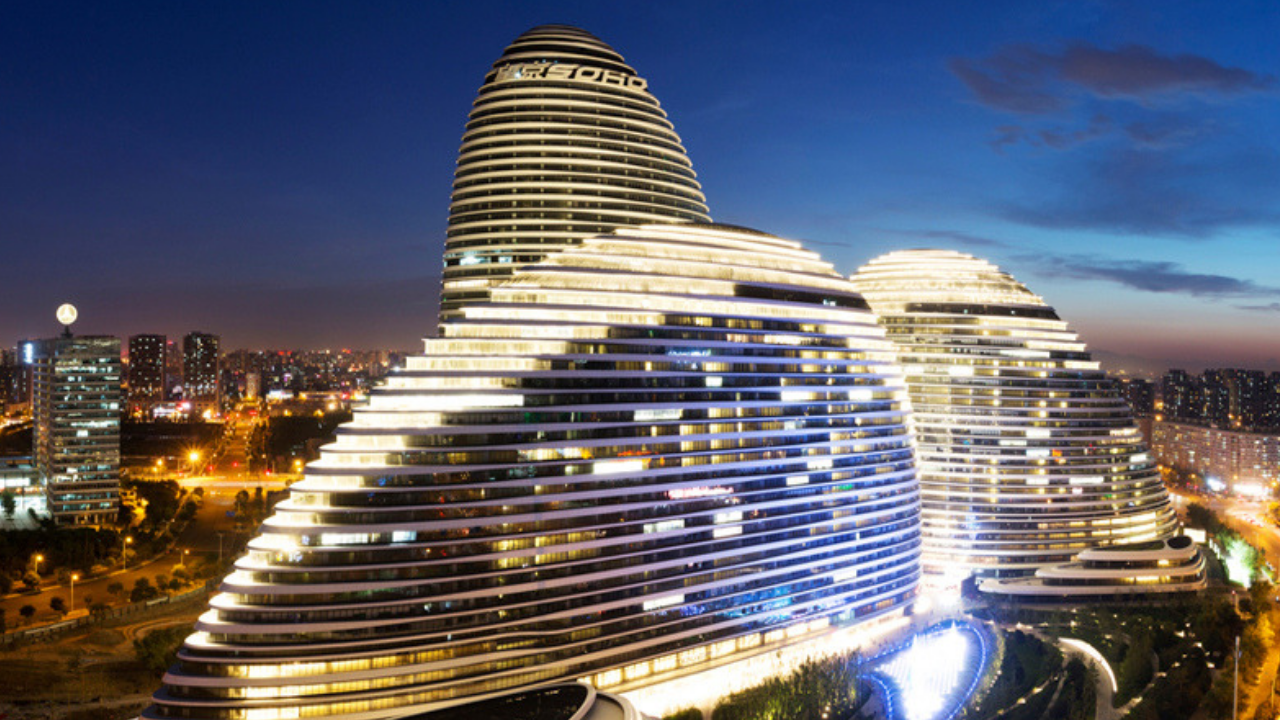JLL is reporting that Asia Pacific’s overall real estate transactions are expected to rise by 5% in 2019.
“A decade into the economic cycle, investors are contending with macro risks and geopolitical uncertainty such as rising interest rates, continued trade tensions between the U.S. and China, as well as strains in the EU caused by Brexit negotiations,” said Stuart Crow, Head of Capital Markets, JLL Asia Pacific.
Despite some concerns, JLL predicts that the region’s opportunities will outweigh the risks and five key trends will further shape the industry in 2019.
The fast-growing urban population has been faced with demand for alternative living arrangements, including multi-family and co-living areas. With this, investors will see this demand as a good way to yield long-term growth as well as diversify their portfolios.
Businesses jumping on the coworking bandwagon to attract talent has led to a huge jump in flexible office leases across the region.
JLL predicts that by 2030, flexible workspaces will take up about 30% of the commercial real estate market, leading to some consolidation as landlords start opening their own offices.
Since APAC is leading the global e-commerce market, organizations are being pushed to establish data storage infrastructure.
“The robust rate of consumption is driving increasing investor interest into data centres and logistics in Asia Pacific,” Crow said. “Meanwhile, logistics hubs in major cities are growing.”
Banks are expected to tighten their lending criteria, leaving space for non-bank and offshore lenders to enter the market and resulting in more offshore lenders.
Another anticipated trend is smart city initiatives in Singapore, Japan, South Korea and APAC to build stronger digital infrastructures as well as maximizing efficiency.


 Dr. Gleb Tsipursky – The Office Whisperer
Dr. Gleb Tsipursky – The Office Whisperer Nirit Cohen – WorkFutures
Nirit Cohen – WorkFutures Angela Howard – Culture Expert
Angela Howard – Culture Expert Drew Jones – Design & Innovation
Drew Jones – Design & Innovation Jonathan Price – CRE & Flex Expert
Jonathan Price – CRE & Flex Expert










